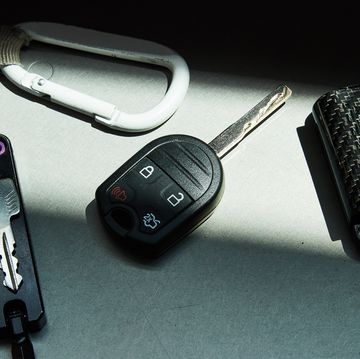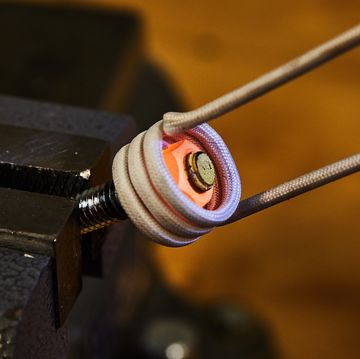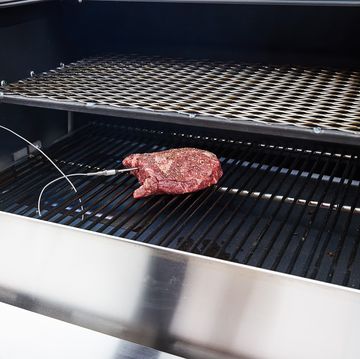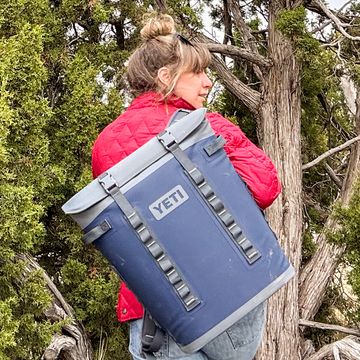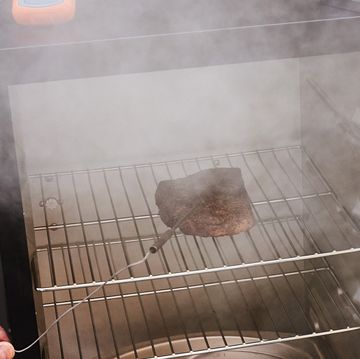The Environmental Protection Agency recently moved to ban mouse poisons that are the most toxic, as well as most loose bait and pellet poisons. Why? These pesticides resulted in thousands of calls to poison control centers annually, and because they weren't contained in tamper- and weather-resistant bait boxes, pets and wildlife were also killed.
Research has shown that pesticides used in and around the home can linger for years.
In addition to banning the use of loose baits, the EPA is banning the use of poisons called "second generation anticoagulants" that kill by causing internal bleeding after a single dose. (These new rules apply to products marketed for home use, but licensed pest control professionals may still use them in homes.) The specific poisons being banned are brodifacoum, bromadiolone, difethialone and difenacoum. While the EPA has moved to ban them, they are still on the market in the following products, which consumers should avoid:
- Reckitt Benckiser Inc. (makers of D-Con, Fleeject, and Mimas rodent control products)
- Spectrum Group (makers of Hot Shot rodent control products)
- Liphatech Inc. (makers of Generation, Maki, and Rozol rodent control products)
These companies have refused EPA's request to adhere to the new ban, so the EPA must go through a legal proceeding to remove them from the market. That, according to watchdogs, could take years. (For perspective, the EPA started reviewing data that led to this ban in 1998.) In addition to those three products identified by the EPA, American Bird Conservancy recommends against using Woodstream Inc.'s Victor rodent control products.
So how can you get rid of mice in your home naturally? The answer is integrated pest management. Here are a few tips, from the EPA and Beyond Pesticides:
- Seal cracks and holes in the house that can allow mice to enter. (You'll also save energy.)
- Remove food sources that may attract them, such as trash, pet food or fallen fruit from trees. And store your food properly.
- Housecats are nature's mouse predator. Just don't let them outside, because they also kill songbirds, and never use mouse poison because your cat could easily ingest it along with the mouse.
- Capture mice with live traps and move them far from the home. (Through Oct. 31, get 10% off Havahart cage traps with Promo Code HHCAGES.)
- Use snap traps with sensitive triggers that are more likely to kill quickly. Use as many as 10 traps near any known mouse hole, and position them about two feet apart along walls, with the bait-end against the wall. Use gloves or else your scent on the traps may make them ineffective.
- Glue traps are unlikely to kill mice quickly, but can be effective. Keep them in place for at least five days so mice become accustomed to them.
- Repellent sound devices may or may not work, but are designed to annoy mice with a high-frequency sound that humans can't hear.
- Poison bait boxes can be used as a last resort. Look for tamper- and weather-proof boxes that use first-generation (multiple-dose) anticoagulants. Place them only in areas that are inaccessible to pets and children.



